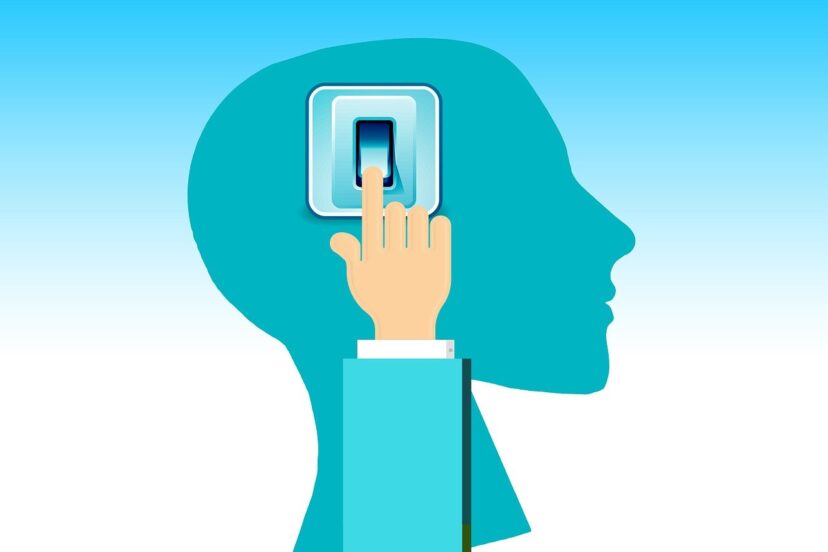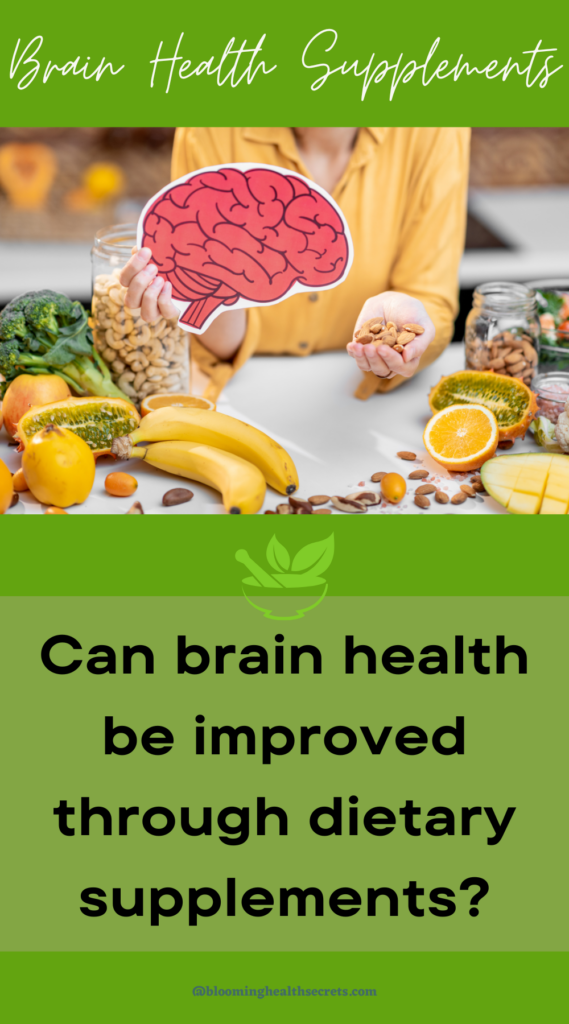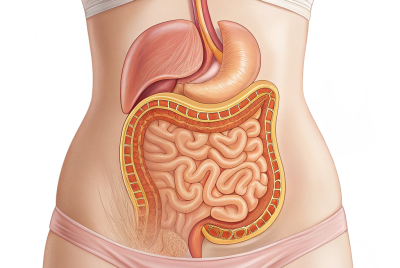Brain Health Supplements: Nurture Your Mind for Lifelong Wellness
Are you looking to enhance your cognitive abilities, improve your memory, and safeguard your brain against aging?
Your brain is your body’s command centre, responsible for everything from thoughts and emotions to movement and sensory perception.
In this comprehensive guide, we’ll explore the essential aspects of brain health, offering practical tips and insights to help you optimize your cognitive function and protect your brain as you age. Let’s embark on a journey to nurture your mind and promote lifelong brain health!
Understanding the Brain: Unraveling the Complexity
Before delving into strategies for promoting brain health, let’s take a moment to appreciate the complexity of the human brain:
- The Brain’s Structure:
Your brain consists of billions of neurons, specialized cells that transmit information through electrical and chemical signals. These neurons form intricate networks that regulate various functions, from basic bodily processes to complex cognitive tasks. - Neuroplasticity:
The brain’s remarkable ability to adapt and reorganize in response to experience is known as neuroplasticity. This phenomenon allows us to learn new skills, form memories, and recover from injury, highlighting the brain’s dynamic nature. - Key Brain Regions:
Different regions of the brain play distinct roles in cognition, emotion, and behavior. From the prefrontal cortex, responsible for decision-making and executive function, to the hippocampus, crucial for memory formation, each region contributes to our overall cognitive function.
Understanding the fundamental aspects of brain structure and function lays the groundwork for implementing strategies to support brain health.
Lifestyle Factors and Brain Health: The Power of Healthy Habits
Numerous lifestyle factors influence brain health, and adopting healthy habits can have a profound impact on cognitive function:
- Nutrition:
A balanced diet rich in fruits, vegetables, whole grains, lean proteins, and healthy fats provides essential nutrients that support brain health. Omega-3 fatty acids, found in fatty fish like salmon and walnuts, are particularly beneficial for cognitive function. - Physical Activity:
Regular exercise not only improves cardiovascular health but also enhances brain function. Aerobic exercise increases blood flow to the brain, stimulates the release of growth factors that promote neuroplasticity, and reduces the risk of cognitive decline. - Quality Sleep:
Adequate sleep is crucial for brain health, as it allows the brain to consolidate memories, process information, and rejuvenate. Aim for seven to nine hours of quality sleep per night to support cognitive function and overall well-being. - Stress Management:
Chronic stress can have detrimental effects on the brain, impairing memory, and cognitive function. Practice stress-reduction techniques such as mindfulness meditation, deep breathing exercises, and spending time in nature to promote brain health. - Social Connection:
Maintaining social connections and engaging in meaningful relationships is essential for brain health. Social interaction stimulates the brain, promotes emotional well-being, and reduces the risk of cognitive decline.
Brain-Boosting Activities: Exercising Your Mind
In addition to adopting healthy lifestyle habits, engaging in mentally stimulating activities can help keep your brain sharp:
- Brain Games and Puzzles:
Activities like crossword puzzles, Sudoku, and brain training apps can challenge your cognitive skills and improve memory and problem-solving abilities. - Learning New Skills:
Whether it’s learning a musical instrument, picking up a new language, or mastering a hobby, engaging in lifelong learning stimulates the brain and promotes neuroplasticity. - Reading and Writing:
Reading books, articles, and engaging in creative writing exercises can enhance language skills, critical thinking, and imagination, all of which are beneficial for brain health. - Artistic Expression:
Engaging in creative pursuits such as painting, drawing, or playing music stimulates the brain’s creative centres and promotes emotional expression and well-being.
Protecting Your Brain: Mitigating Risk Factors
While adopting healthy habits and engaging in brain-boosting activities can promote brain health, it’s also essential to mitigate risk factors that can negatively impact cognitive function:
- Manage Chronic Conditions:
Conditions such as diabetes, hypertension, and high cholesterol can increase the risk of cognitive decline. Work with your healthcare provider to manage these conditions effectively and reduce their impact on brain health. - Limit Alcohol Consumption:
Excessive alcohol consumption can impair cognitive function and increase the risk of dementia. Limit alcohol intake to promote brain health and overall well-being. - Protect Against Head Injury:
Head injuries, such as concussions, can have long-term effects on brain health. Take precautions to prevent head injuries, such as wearing protective gear during sports and practicing safe driving habits.
In Summary: Cultivating a Healthy Brain for Lifelong Wellness
In conclusion, brain health is essential for overall well-being and quality of life.
By adopting healthy lifestyle habits, engaging in mentally stimulating activities, and protecting against risk factors, you can promote cognitive function and safeguard your brain as you age.
Remember to prioritize nutrition, exercise, sleep, and social connection, and incorporate brain-boosting activities into your daily routine.
By nurturing your mind and investing in your brain health, you can enjoy a lifetime of cognitive vitality and resilience.
Frequently Asked Questions (FAQs) About Brain Health:
- What are the early signs of cognitive decline?
Early signs of cognitive decline may include forgetfulness, difficulty concentrating, decreased problem-solving abilities, and changes in mood or behaviour. - Can brain health be improved through dietary supplements?
While some brain health supplements claim to improve brain health, such as omega-3 fatty acids, vitamin E, and ginkgo biloba, research on their efficacy is mixed. It’s essential to consult with a healthcare provider before starting any supplement regimen. - How does aging affect brain health?
Aging is associated with changes in brain structure and function, including reductions in volume, changes in neurotransmitter levels, and decreased neuroplasticity. However, adopting healthy lifestyle habits can help mitigate age-related cognitive decline. - What role does genetics play in brain health?
Genetics can influence susceptibility to certain neurological conditions, such as Alzheimer’s disease and Parkinson’s disease. However, lifestyle factors also play a significant role in brain health, and adopting healthy habits can help mitigate genetic risk factors. - Are there specific exercises that can improve brain health?
While any form of physical activity can benefit brain health, aerobic exercises such as walking, jogging, swimming, and cycling are particularly effective in promoting cognitive function and neuroplasticity.
References:
- The Framingham Heart Study (FHS):
Although primarily focused on cardiovascular health, FHS has provided valuable insights into the relationship between cardiovascular risk factors and cognitive decline. Findings from FHS suggest that conditions such as hypertension, diabetes, and obesity increase the risk of cognitive impairment and dementia. - The Alzheimer’s Disease Neuroimaging Initiative (ADNI):
ADNI is a landmark study that aims to identify biomarkers for the early detection and tracking of Alzheimer’s disease. Through advanced neuroimaging techniques and biomarker analysis, ADNI has enhanced our understanding of Alzheimer’s disease progression and potential treatment targets. - The Baltimore Longitudinal Study of Aging (BLSA):
BLSA is one of the longest-running studies on aging and has provided valuable data on cognitive aging and brain health. Findings from BLSA have highlighted the importance of lifestyle factors such as diet, exercise, and social engagement in maintaining cognitive function as we age. - The Women’s Health Initiative Memory Study (WHIMS):
WHIMS investigated the effects of hormone therapy on cognitive function in postmenopausal women. The study found that hormone therapy, particularly estrogen alone or in combination with progestin, was associated with an increased risk of cognitive decline and dementia in older women. - The Rush Memory and Aging Project (MAP):
MAP is a longitudinal cohort study that examines risk factors for Alzheimer’s disease and other dementias. Findings from MAP have identified lifestyle factors such as physical activity, cognitive engagement, and social interaction as protective against cognitive decline. - The Canadian Study of Health and Aging (CSHA):
CSHA is a population-based study that investigated the prevalence, incidence, and risk factors for dementia in Canada. The study found that age, education level, and cardiovascular risk factors were significant predictors of dementia risk. - The Rotterdam Study:
This population-based cohort study in the Netherlands has provided valuable insights into the epidemiology of neurological conditions such as stroke, Parkinson’s disease, and dementia. Findings from the Rotterdam Study have contributed to our understanding of the genetic and environmental factors influencing brain health. - The Active Brain Study:
This randomized controlled trial investigated the effects of a multicomponent intervention on cognitive function in older adults. The intervention included physical activity, cognitive training, social engagement, and healthy diet components. Results from the Active Brain Study demonstrated improvements in cognitive function and brain health outcomes in participants who received the intervention compared to controls. - The MIND Diet Study:
The MIND diet, a combination of the Mediterranean and DASH (Dietary Approaches to Stop Hypertension) diets, has been associated with a reduced risk of cognitive decline and Alzheimer’s disease. Research on the MIND diet has shown that adherence to this eating pattern is linked to better cognitive function and slower rates of cognitive decline in older adults. - The Lancet Commission on Dementia Prevention, Intervention, and Care:
This comprehensive review synthesized evidence from epidemiological studies, clinical trials, and observational research to provide recommendations for dementia prevention, intervention, and care. The commission emphasized the importance of addressing modifiable risk factors such as education, physical activity, social engagement, and management of cardiovascular risk factors to reduce the global burden of dementia.
These studies and reviews have significantly advanced our understanding of brain health, providing valuable insights into the risk factors, protective factors, and interventions for promoting cognitive function and preventing dementia.







